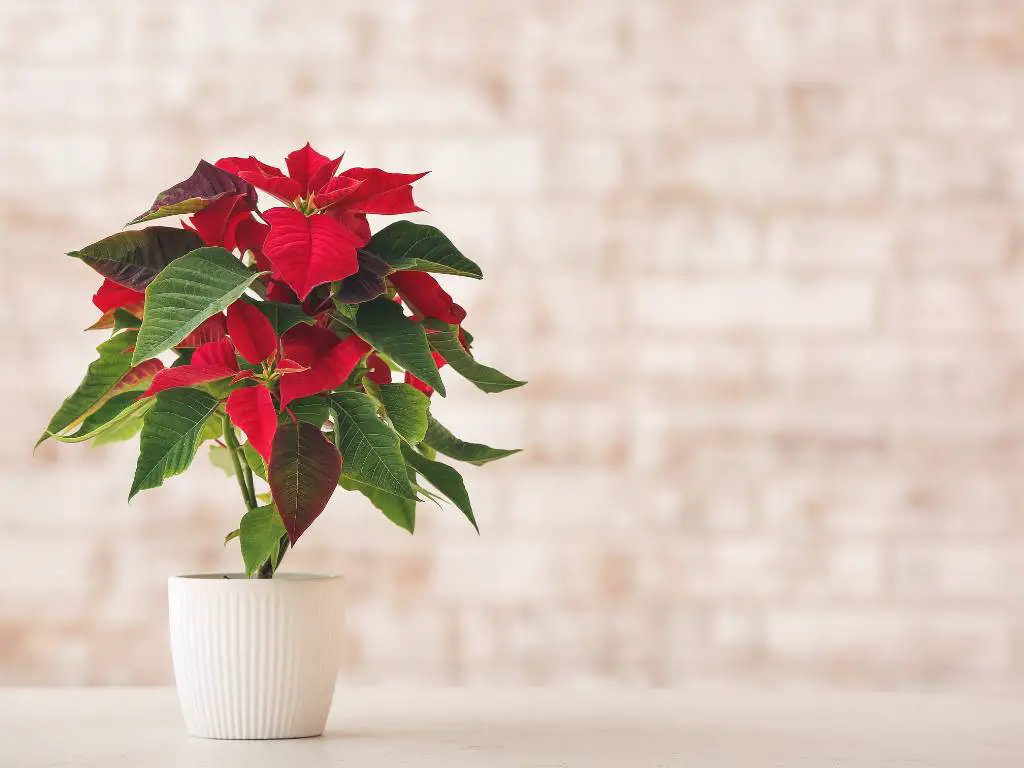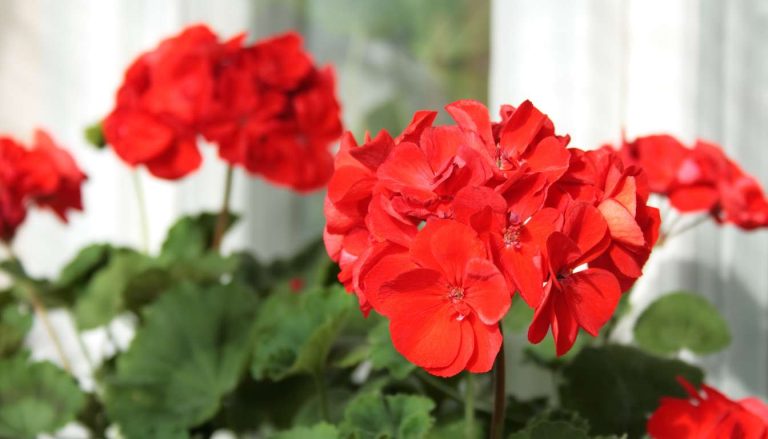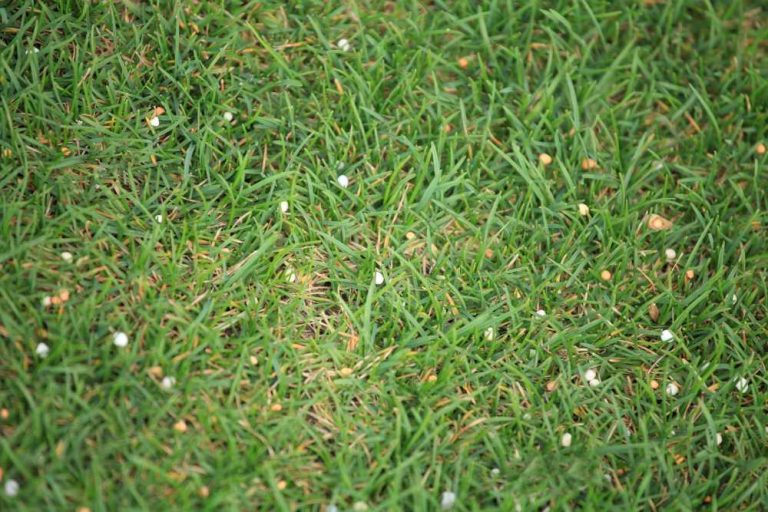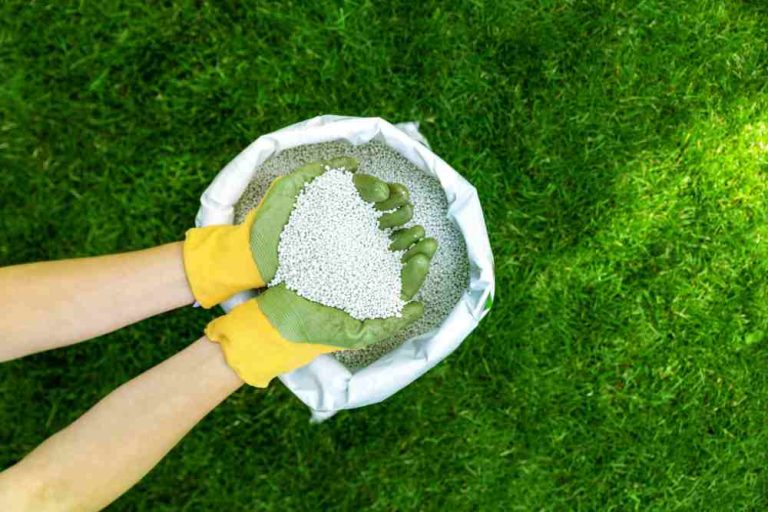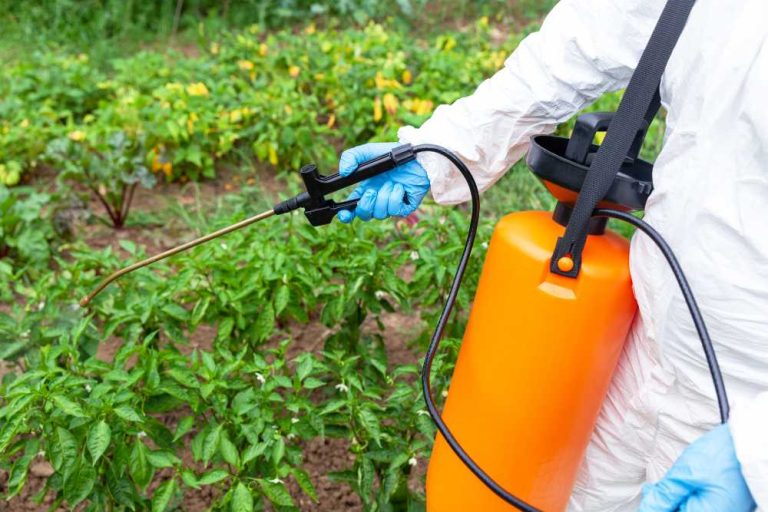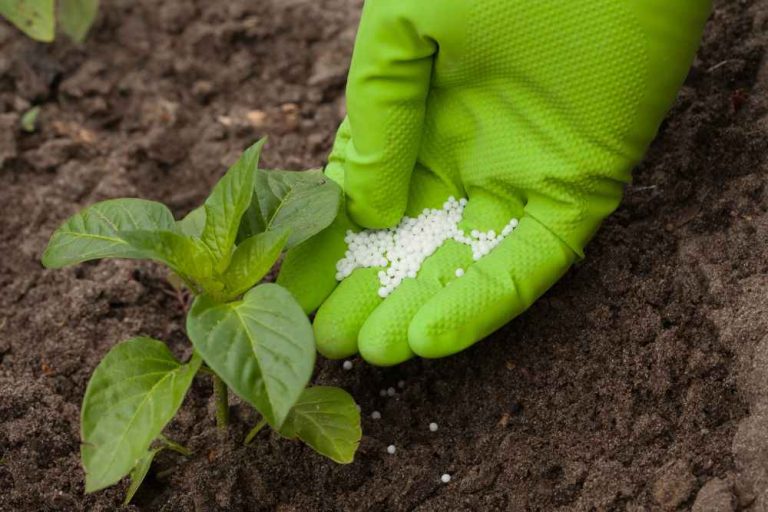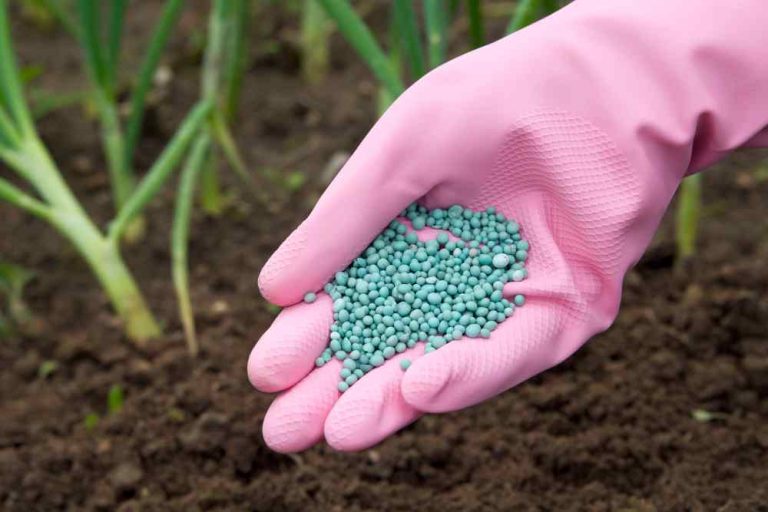8+ Best Homemade Fertilizer for Poinsettias Guide: Boost Your Blooms
Poinsettias are known for their vibrant and captivating blooms, but did you know that proper fertilization is key to maintaining their beauty and overall health? Without the right nutrients, these plants can lose their aesthetic appeal and struggle to thrive.
In this guide, we will explore the importance of fertilizing poinsettias and provide you with instructions on how to create your own homemade fertilizer using organic materials. With these tips, you can ensure that your poinsettias bloom beautifully during the holiday season.
Key Takeaways:
- Proper fertilization is crucial for vibrant and healthy poinsettias.
- Homemade fertilizers made from organic materials are recommended for poinsettias.
- Fertilizing poinsettias during the active growing season promotes optimal growth.
- Apply homemade fertilizers once every 3-4 weeks to provide a steady supply of nutrients.
- Experiment with different homemade fertilizers to find what works best for your poinsettias.
Why Fertilize Poinsettias?
Fertilizing poinsettias is essential for their overall health and vibrancy. These plants require proper nutrition to produce vibrant and colorful bracts, which are the defining features of poinsettias. By providing the necessary nutrients, you can ensure that your poinsettias display stunning blooms during the holiday season.
Additionally, fertilization plays a crucial role in maintaining the overall vigor of poinsettias. Adequate nutrients promote maximum growth and development, allowing the plants to thrive and produce new structures. Furthermore, a well-fertilized poinsettia is more resistant to pests and diseases, ensuring the plant remains healthy throughout the season.
Benefits of Fertilizing Poinsettias
- Enhances the production of vibrant and colorful bracts
- Promotes maximum growth and development
- Increases resistance to pests and diseases
The Role of Nutrients in Poinsettia Health
Poinsettias require a balanced blend of macronutrients and micronutrients to thrive. Macronutrients, such as nitrogen, phosphorus, and potassium, are essential for overall plant growth. Micronutrients, including iron, manganese, and zinc, are necessary in smaller quantities but are equally important for healthy poinsettias.
These nutrients contribute to the plant’s ability to photosynthesize, produce energy, and maintain proper cellular function. Without sufficient nutrients, poinsettias may experience stunted growth, weak stems, and a reduced capacity to produce vibrant bracts.
Choosing Natural Fertilizers
When fertilizing poinsettias, it is preferable to use natural fertilizers. Organic materials, such as compost, kelp meal, or worm castings, provide a slow release of nutrients and help maintain a balanced soil ecosystem. These natural fertilizers not only nourish the plants but also improve soil structure, drainage, and water retention.
What You’ll Need
To fertilize your poinsettias, you’ll need a few key ingredients that can be easily obtained. These materials will help you create a homemade fertilizer that meets the nutritional needs of your plants. Here’s what you’ll need:
When and How to Feed Your Plants
The timing and method of feeding your poinsettias are crucial for optimal growth. To ensure that your plants receive the nutrients they need, it is recommended to fertilize poinsettias during the active growing season, which typically occurs from late spring to early autumn. Avoid fertilizing during the blooming period as this can disrupt the plant’s natural cycle.
When it comes to fertilizing poinsettias, liquid fertilizers are commonly used due to their ability to be easily absorbed by the roots. These fertilizers provide a quick and efficient way to deliver nutrients to the plant. It is best to apply the fertilizer once every 3-4 weeks to maintain a steady supply of nutrients. Be cautious not to over-fertilize, as excessive amounts can harm the plants.
Application Tips:
- Follow the package instructions for the specific fertilizer you are using to determine the appropriate amount to apply.
- Ensure that the soil is moist before applying the fertilizer to prevent root burn.
- Apply the fertilizer evenly around the base of the plant, taking care not to get any on the leaves or flowers.
- Water the plant thoroughly after applying the fertilizer to help distribute the nutrients.
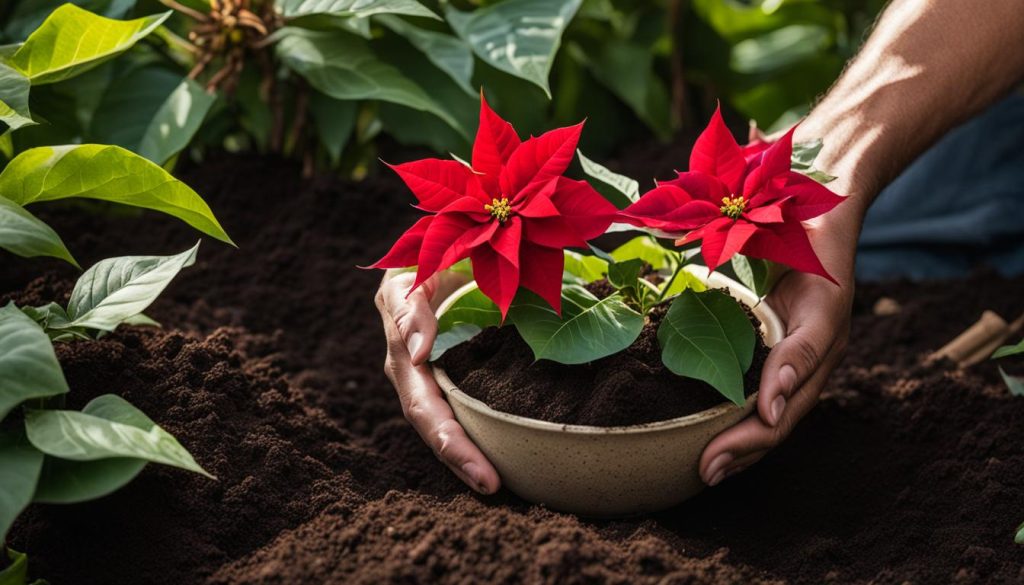
If you are unsure about the proper timing or application method, it is always a good idea to consult a gardening expert or refer to the instructions provided by the fertilizer manufacturer. By following these guidelines, you can effectively feed your poinsettias and support their growth and overall health.
Best Homemade Fertilizers for Poinsettias
When it comes to fertilizing your poinsettias, homemade options can be just as effective as store-bought products. Not only do homemade fertilizers provide the necessary nutrients for your plants, but they also offer the satisfaction of using organic and natural ingredients. Here are some of the best homemade fertilizers for poinsettias:
1. Compost: Compost is a fantastic option for poinsettias as it contains a variety of nutrients and improves the overall quality of the soil. Simply mix compost with potting soil to provide your plants with a rich source of organic matter.
Read – How to Mix Compost into Soil
2. Manure: Cattle or poultry manure is a great choice for poinsettias as it contains high levels of nitrogen, phosphorus, and potassium. Make sure to compost the manure before applying it to your plants to avoid burning the roots.
3. Coffee grounds: If you’re a coffee lover, you’ll be glad to know that coffee grounds can benefit your poinsettias. Compost the coffee grounds and mix them with your potting soil to improve water retention and promote healthy growth.
4. Other options: There are plenty of other homemade fertilizers that you can try, such as wood ash, banana peels, worm castings, and bone meal. Experiment with these natural ingredients to find the mix that works best for your poinsettias.
Read – Best Homemade Fertilizer For Flowering Plants 2024
FAQ
Why is fertilizing poinsettias important?
Fertilizing poinsettias is crucial for vibrant blooms, overall plant vigor, and resistance to pests and diseases.
What do I need to create homemade fertilizer for poinsettias?
You will need humus, organic fertilizers, and other materials such as tea banana, ground coffee, eggshells, and animal feces.
When should I fertilize my poinsettias?
It is recommended to fertilize poinsettias during the active growing season, which is typically in late spring to early autumn.
How often should I fertilize my poinsettias?
Apply the fertilizer once every 3-4 weeks to ensure a steady supply of nutrients.
What are some effective homemade fertilizers for poinsettias?
Compost, manure, coffee grounds, wood ash, banana peels, worm castings, and bone meal are all effective options for poinsettias.
- 15 Ingenious Kitchen Garden Ideas to Cultivate Freshness Right at Home - April 7, 2024
- 10 Top Picks Best Plants for Open Terrarium - April 2, 2024
- 21 Easy and Cheap Walkway Ideas for a Charming Garden - March 31, 2024

